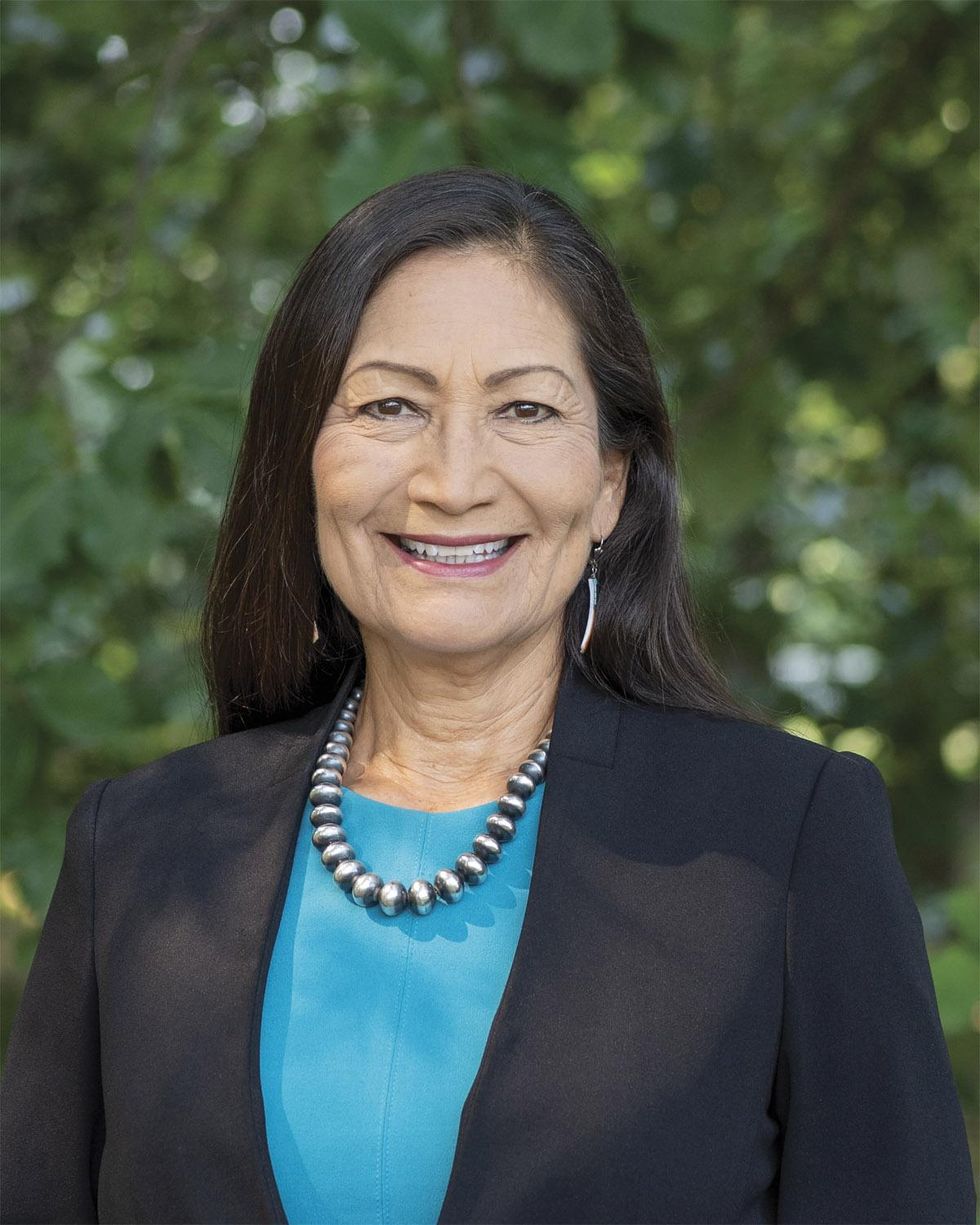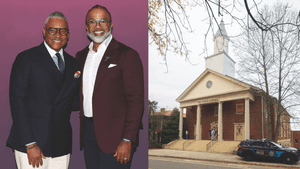The U.S. Department of the Interior announced earlier this month that it has given new names to five places that previously named a racist term for a Native American woman. The sites are in California, North Dakota, Tennessee, and Texas, completing a yearlong process to remove the historically offensive word “squaw” from geographic names across the country.
“Words matter, particularly in our work to ensure our nation’s public lands and waters are accessible and welcoming to people of all backgrounds,” U.S. Secretary of the Interior, Deb Haaland said in a statement.
 Secretary Deb Haaland Courtesy US Department of the Interior
Secretary Deb Haaland Courtesy US Department of the Interior
Haaland, made history in 2021 when she became the first Native American to serve as a cabinet secretary. As a proud member of the Pueblo of Laguna people and a 35th-generation New Mexican, one of Haaland’s first orders of business was to correct wrongs in the naming of federal lands in the U.S.
In November of 2021, Haaland signed two official orders. The first declared the word “squaw” derogatory and started procedures to remove it from federal usage. The term, an offensive colonial slur for Indigenous women, is unfortunately still used in the names of locations across the country.
The second order directed the National Park Service to establish a new committee to identify existing federal land and geographic feature names considered derogatory and recommend potential replacements.
Last year, on the International Day of the World’s Indigenous Peoples (August 9), Haaland announced the 17 new members of the Advisory Committee on Reconciliation in Place Names.
“Our nation’s lands and waters should be places to celebrate the outdoors and our shared cultural heritage — not to perpetuate the legacies of oppression,” said Secretary Haaland. “The Advisory Committee on Reconciliation in Place Names will accelerate an important process to reconcile derogatory place names. I look forward to listening and learning from this esteemed group.”
In September, 2022, the Department of Interior announced it had finalized new names for nearly 650 geographic features across the country. Five of those were renamed this month.
Later that month, California Gov. Gavin Newsom followed Haaland’s lead by signing AB 2022 into law, requiring the term “squaw” be removed from geographic names and public places throughout the state. This ensures that places not located on federal land also have to remove the slur, like the Lake Tahoe area ski resort now know as Palisades Tahoe.
In western North Dakota, the new name Homesteaders Gap was selected by members of a small community as a nod to their local history.
Mark Fox, tribal chairman of the Mandan, Hidatsa and Arikara Nation, hailed the change, pointing out to The Bismarck Tribune, “serious and strong emotions and resistance to that term.”
The newly named places also include the California Central Valley communities of Loybas Hill, which translates to “Young Lady,” proposed by the Paskenta Band of Nomlaki Indians; and Yokuts Valley; as well as Partridgeberry, Tennessee; and Lynn Creek, Texas.
The decision has long precedent. The Interior Department ordered the renaming of places with derogatory terms for Black and Japanese people in 1962 and 1974, respectively.





 Secretary Deb Haaland Courtesy US Department of the Interior
Secretary Deb Haaland Courtesy US Department of the Interior






































































